‘This Machine Kills Fascists’ was the ambitious slogan that Woody Guthrie (1912-1967) painted on his guitars. By fascists he meant the entire American capitalist establishment during the Great Depression and after. A self-taught socialist, Woody wrote more than 3,000 songs, mostly in angry protest on behalf of millions of underdogs. As the ‘Dust Bowl Balladeer’, he became the legendary folk hero who inspired Bob Dylan, Willie Nelson and many others.
Woody was born in Okemah, Oklahoma. When he was 15, his mother was institutionalised with Huntington’s disease, a hereditary cause of early dementia and other mental disabilities, which he eventually inherited. At 17, he moved to Pampa, a small town on the Texas Panhandle. There he gained intimate knowledge of shareholders barely subsisting on impoverished land, the characters and setting of his only novel, House of Earth (4th Estate, £12.99). It was completed in 1947, but published for the first time now, to commemorate his centennial.
The story is of a failed young farmer and his wife, who hate the rotten wood of their shack, the landlord and bank that keep them in debt. The farmer wants to build a weatherproof house of adobe, but doesn’t have the necessary $300. Sex is free and childbirth is described at length, with comments in redneck vernacular.
The publisher compares Woody Guthrie with John Steinbeck and D.H. Lawrence, but Woody is much funnier.
The post A hero of folk appeared first on The Spectator.
Got something to add? Join the discussion and comment below.
Get 10 issues for just $10
Subscribe to The Spectator Australia today for the next 10 magazine issues, plus full online access, for just $10.

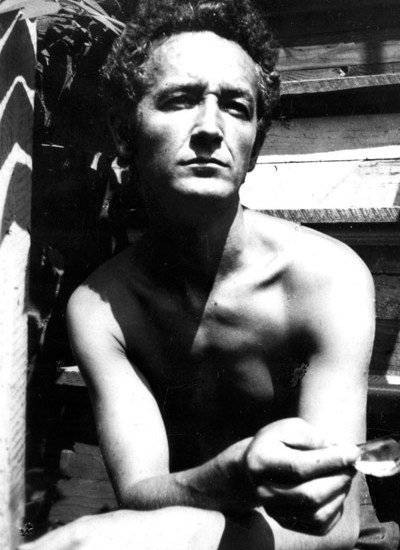
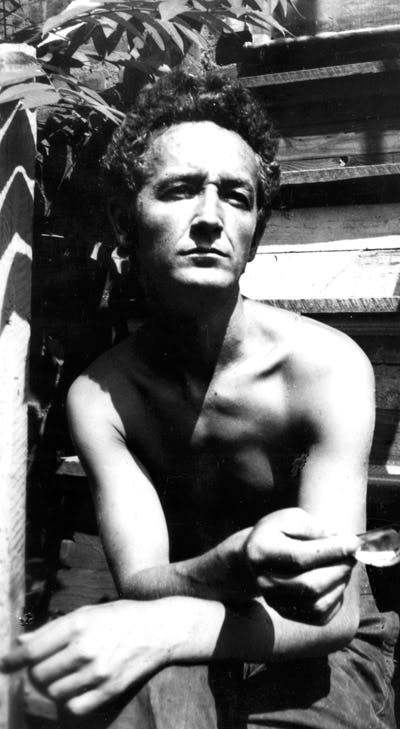
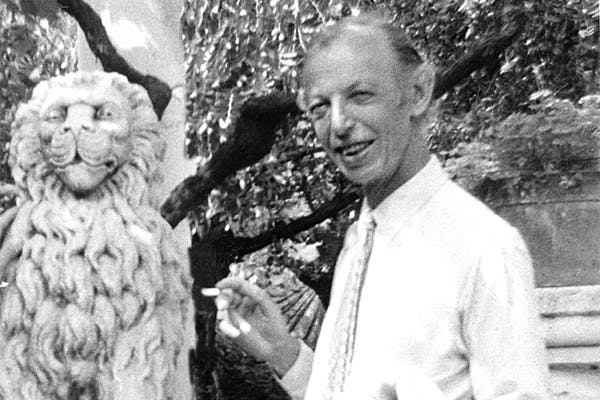

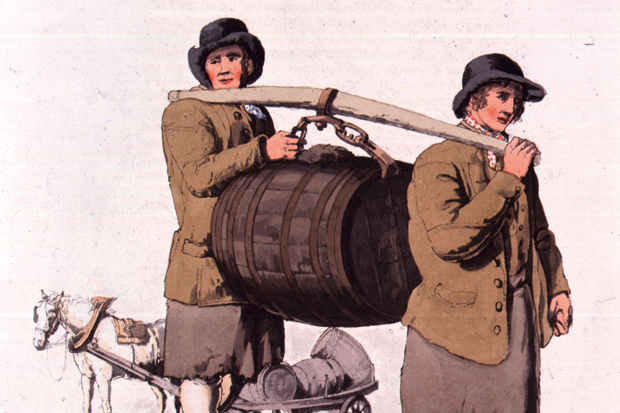
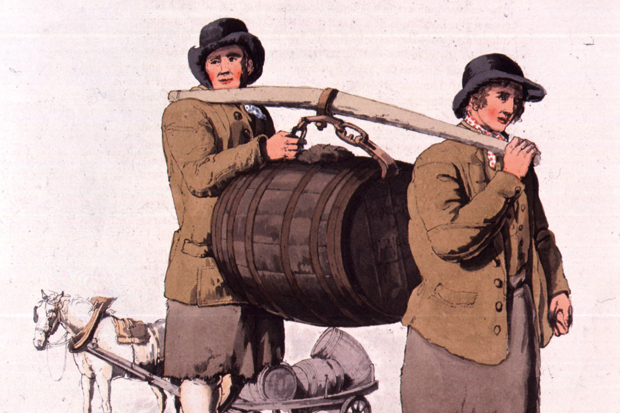
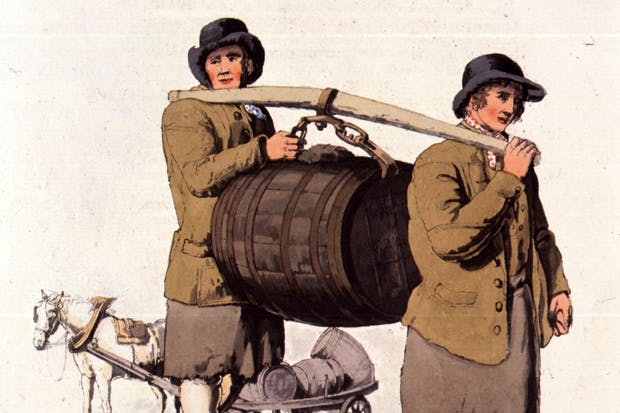






Comments
Don't miss out
Join the conversation with other Spectator Australia readers. Subscribe to leave a comment.
SUBSCRIBEAlready a subscriber? Log in